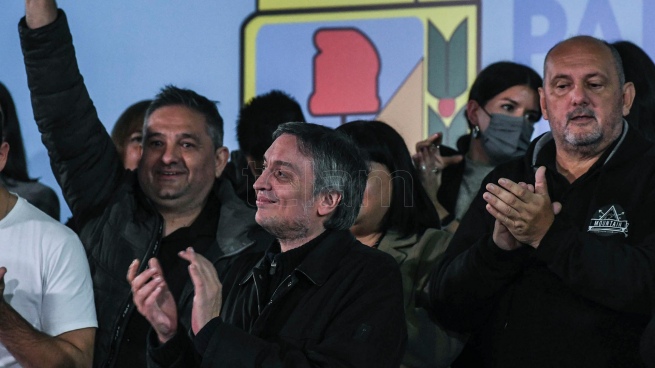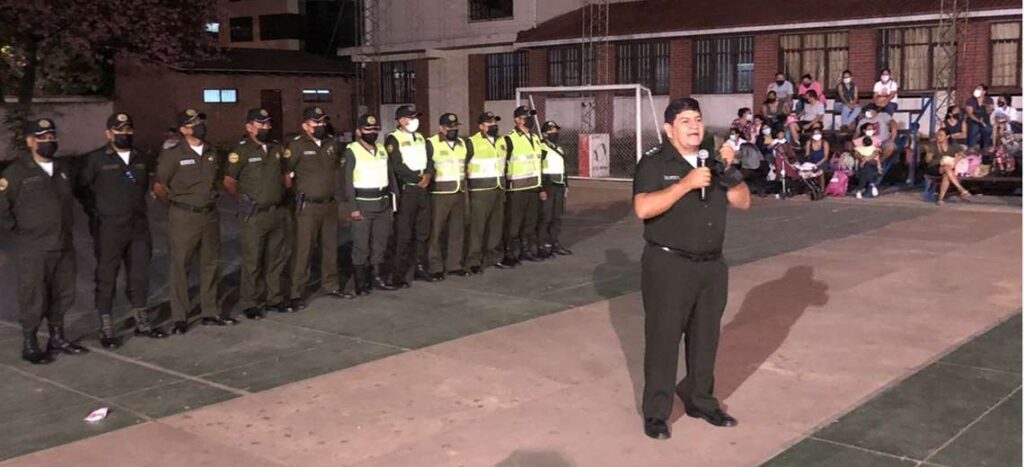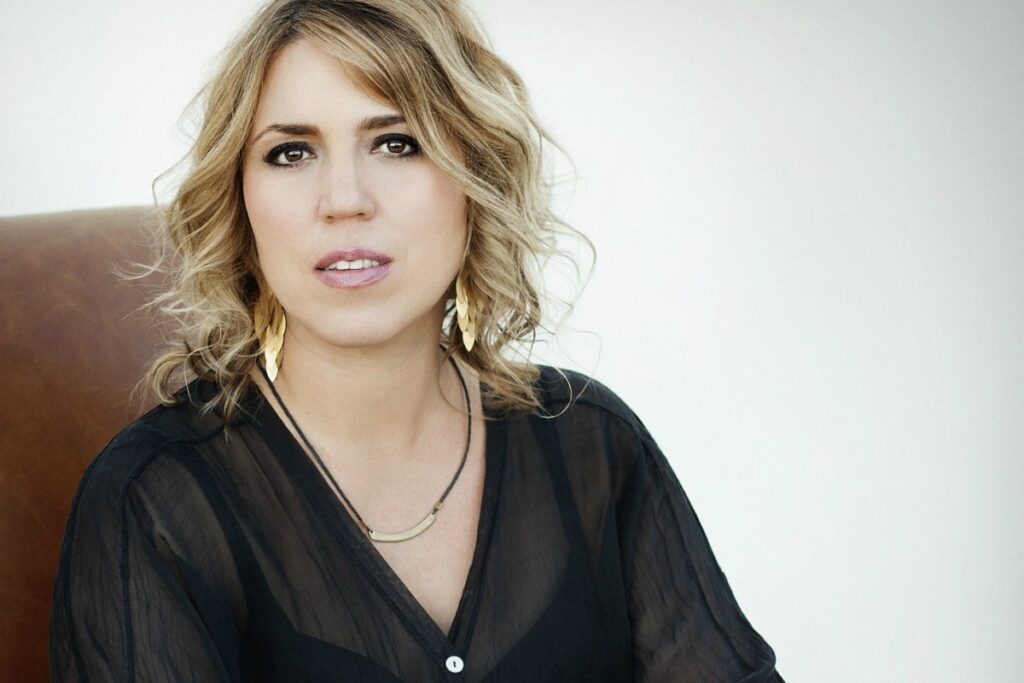The deputy of the Frente de Todos (FdT) and president of the Justicialista Party (PJ) of the Province of Buenos Aires, Máximo Kirchner, thanked President Alberto Fernández “on behalf of the workers” for “accompanying” the project that he presented days ago to advance the update of the Minimum, Vital and Mobile Salary (SMVM), in an act carried out in the Lanús district.
“Thank God, President Alberto Fernández listened wisely and supported that idea, for which I do not thank him in my name but in the name of workers,” said the deputy, referring to the bill that he presented along with others members of the Frente de Todos, in order to advance to July all the increases of the SMVM for 2022.
In addition, he included in the gratitude “those who receive a hug from public policies” through the different social plans, since he explained that these benefits “are also tied to the Minimum, Vital and Mobile Salary.”
The main referent of La Cámpora highlighted the role that the State had during the coronavirus pandemic, mainly “through two public policies”, alluding to the implementation of programs such as the ATP and the IFE, of which he said that although they were not “perfect”, they were “necessary and efficient”.
“The ATP that not even many workers know that the money was provided by the State,” he alluded.
The activity that took place in the Club Podestá de Lanús Oeste, on Vélez Sarsfield 1370 street, and was also attended by the president of the PJ of Lanús, Julián Álvarez and the general secretary of Suteba, Roberto Baradel.

Máximo Kirchner also referred to concentration “in the hands of a few and the need to recover purchasing power.”
“They are powerful and after the macrismo they were even more powerful than they were and after the pandemic, much more,” said the legislator.
In that sense, he added: “We came to Lanús during the macrismo many times. We came during that dark period in Argentina, which was left behind in terms of government and institutionality but what was done in economic matters is still present in the lives of the Argentines and Argentines”
“These consequences have lasted and will surely continue for a long time in our future. And this clearly speaks of the responsibilities that we all have as a society, regardless of how we voted in 2015,” he assessed.
As for former president Mauricio Macri, the national deputy recalled that in the Cambiemos government “meritocracy was demanded of the compañeros and compañeras who did not make ends meet, precisely Macri, who had everything in life and put the country on its feet to up”.
The head of the Buenos Aires PJ highlighted the value of militancy, indicating that “that lock that the media puts on a large part of the people, is removed with dedication, with tenacity, with will and with the intimate conviction of knowing that this type of government has always only brought misery, hunger and pain to our people”.
The Buenos Aires deputy recalled that as soon as the Frente de Todos took over, a pandemic came, and there was “a very hard stage, very scary at first, where we had to essentially take care of a part of our population, our dear retired men and women, to those young people who had prevalent diseases that put them at risk.
“And the solidarity of our people sprouted, as it always does in those moments. We were hostages of the screens. A great job was done in the schools, in the dining rooms with all the women stopping the pot so that food was not lacking in any neighborhood. In the vaccination centers to be able to vaccinate our people when they told us that the vaccine was poison. That’s where we come from, and that’s what happened to us,” he remarked.

In relation to the Minister of Economy, Martín Guzmán, the leader of the PJ considered that the official says that “he does not have political support”, but ironically that he has the support of the “International Monetary Fund (IMF) and its director Kristalina Giorgieva”.
As for the ruling party, Máximo Kirchner stated that its members “must make every effort, intelligence, will and heart to comply with what we committed to in 2019.”
“No one forced us. We went to tell society that we wanted to govern it, that we wanted to move it forward, that we wanted to, that we had dreams,” he concluded.


















